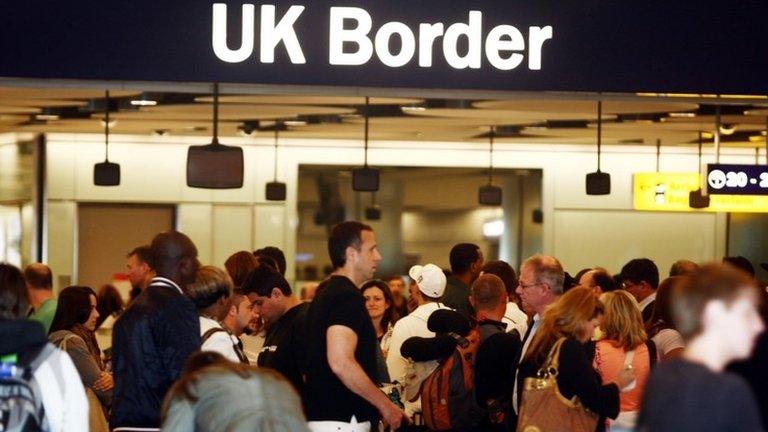Boris Johnson questions strength of EU reforms
- Published
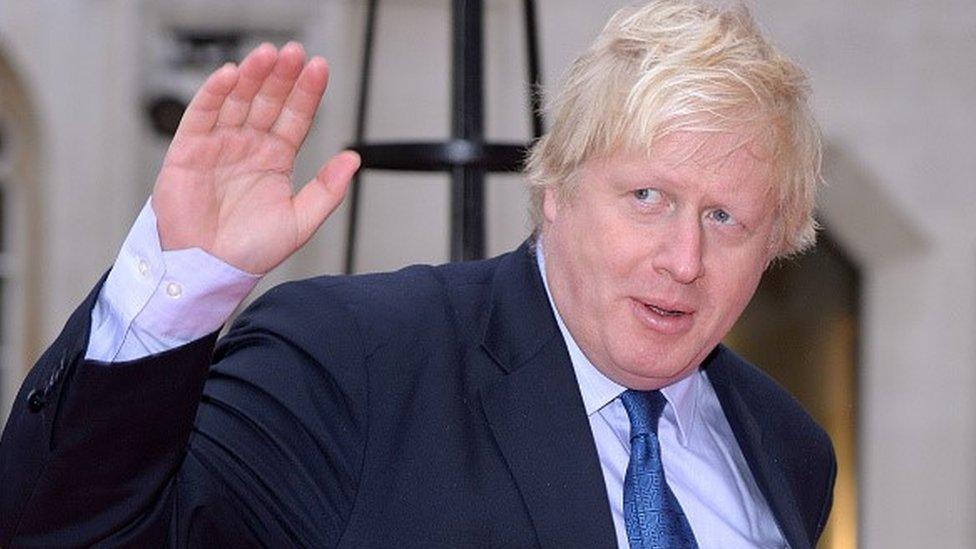
Boris Johnson has questioned the strength of reforms agreed by the prime minister and European Council president Donald Tusk last week.
The mayor of London used his regular newspaper column to ask why David Cameron did not "try harder" to regain control of the UK's borders.
His remarks come a week after the PM said the proposed reforms would be enough to recommend staying in the EU.
A referendum on the UK's membership of the EU is expected in June.
Mr Johnson pointed out in his Daily Telegraph column, external that the proposals had not yet been agreed by EU leaders and that the European Parliament's president Martin Schulz "has already said that he wants to unscramble them".
Mr Cameron faces days of intense negotiation in the run-up to the February 18-19 Brussels summit where he hopes to reach agreement on the deal proposed by Mr Tusk.
But Mr Johnson criticised an apparent lack of ambition in measures aimed at curbing migration, where the prime minister secured a so-called "emergency brake" restricting access to in-work benefits for EU migrants.
"Why didn't we try harder to recapture control of our borders, rather than stick at this minor (if worthwhile) change to the law on benefits?" Mr Johnson asked.
On the issue of sovereignty, Mr Johnson said it looked "as though the prime minister has done better than many expected".
Bazooka or popgun?
But he questioned how "bankable" the promise of reform really was and whether the powers clawed back might disappear "like Tony Blair's evanescent opt-out from the EU Charter of Fundamental Rights".
In asserting parliament's authority Mr Johnson asked: "Are we talking bazooka or popgun?"
He also questioned whether the "protection" won by the prime minister for the UK and other countries that do not use the euro was a concession by the EU or by Britain.
"The salient point appears to be that the UK will not be able to block moves to create a fiscal union - a deeply anti-democratic exercise," Mr Johnson wrote.
Mr Johnson kept supporters on both sides of the in/out EU referendum debate guessing as to how he would vote, and crucially which side he would campaign for, saying the arguments over the UK's continued membership of the EU were "balanced on a knifepoint".
He said "history shows that they need us" adding leaving would send a "very negative signal" for Europe, particularly the countries in eastern Europe.
But against those arguments were the "woeful defects" of the "wasteful, expensive and occasionally corrupt" EU.
"In deciding how to vote I (and I expect a few others) will want to know whether we have genuinely achieved any reform, and whether there is the prospect of any more."

Further reading on the UK's EU referendum
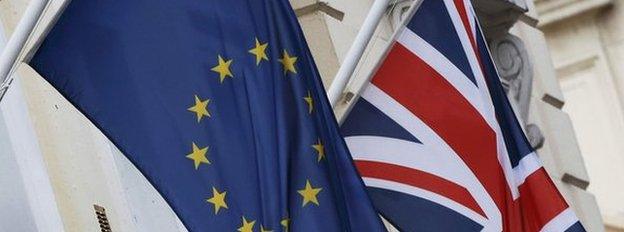
Guide: All you need to know about the referendum
EU renegotiation: Did Cameron get what he wanted?
Referendum timeline: What will happen when?
The view from Europe: What's in it for the others?

- Published30 December 2020

- Published3 February 2016
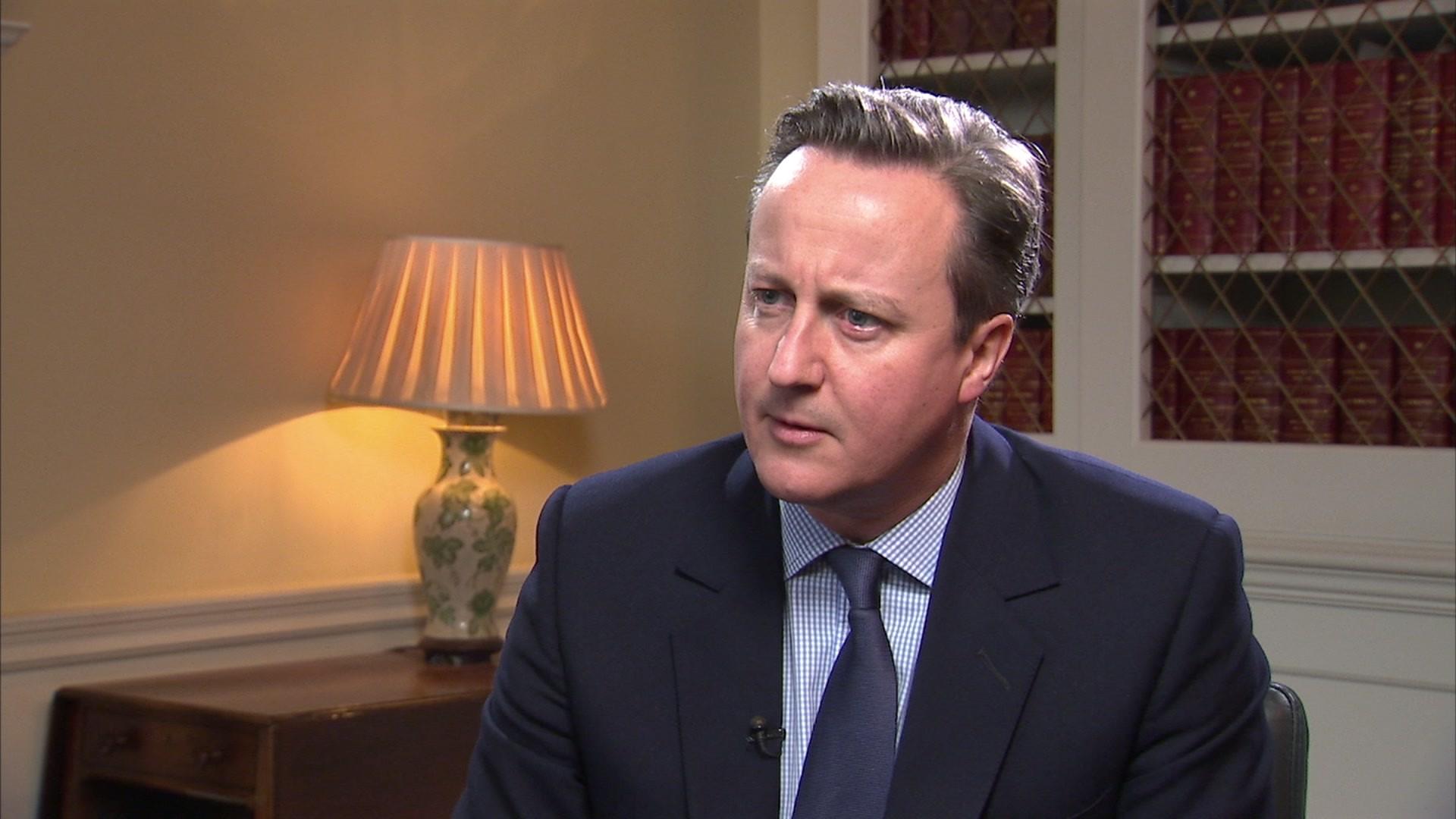
- Published5 February 2016
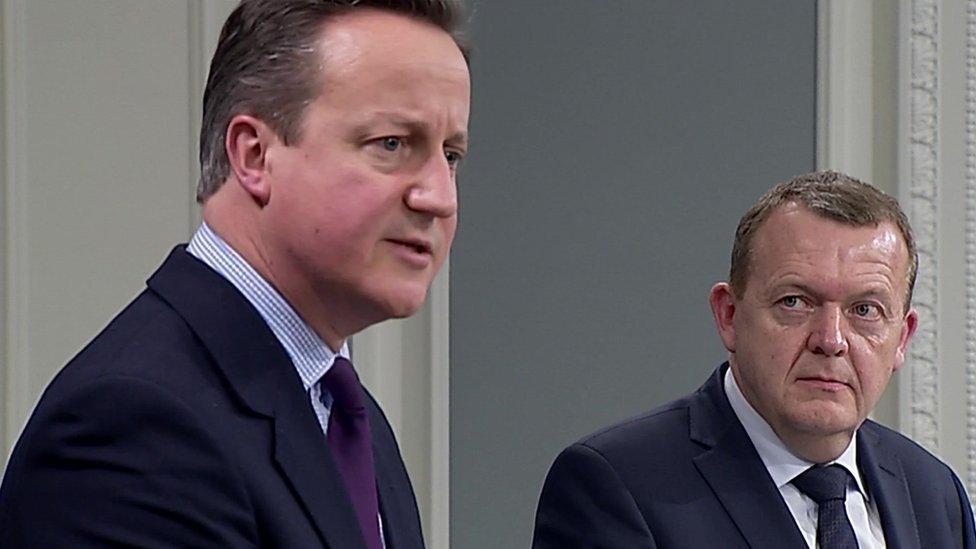
- Published7 February 2016
